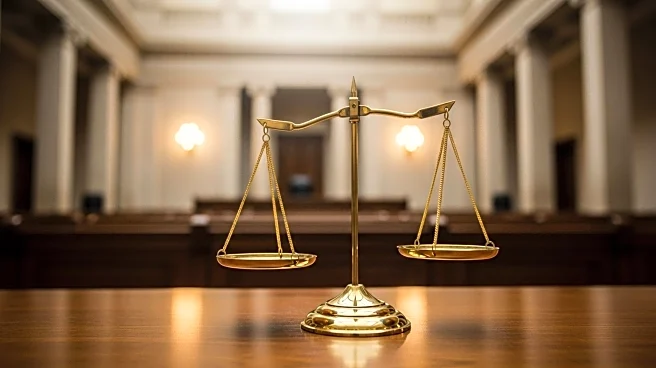What is the story about?
What's Happening?
A recent Supreme Court decision has raised questions about the legality of President Trump's and FCC Chairman Brendan Carr's suggestions to revoke broadcaster licenses over disfavored views. The case, National Rifle Association of America v. Vullo, involved allegations that the New York Department of Financial Services pressured insurance companies and banks to dissociate from the NRA, potentially violating the First Amendment. Justice Sonia Sotomayor reaffirmed that government officials cannot coerce private parties to suppress views they disfavor. This decision could impact similar actions by Trump and Carr, who have criticized broadcasters like ABC for airing content they disagree with.
Why It's Important?
The Supreme Court's decision underscores the importance of protecting free speech from government coercion. If Trump's and Carr's actions are deemed coercive, it could set a precedent affecting how government officials interact with media entities. This has significant implications for media freedom and the balance of power between government and broadcasters. Broadcasters may face pressure to alter content, impacting public access to diverse viewpoints. Legal experts suggest the Vullo case could serve as a comparator in future legal actions, highlighting the ongoing tension between government influence and media independence.
What's Next?
While no legal claims have been filed against Trump or Carr, the Vullo case could inspire broadcasters to challenge perceived coercion. The FCC's future actions may be scrutinized for compliance with the First Amendment. Media companies might seek legal recourse if they feel pressured to change their programming. The decision could lead to broader discussions on the role of government in regulating media content, potentially influencing policy and legal standards in the industry.
















